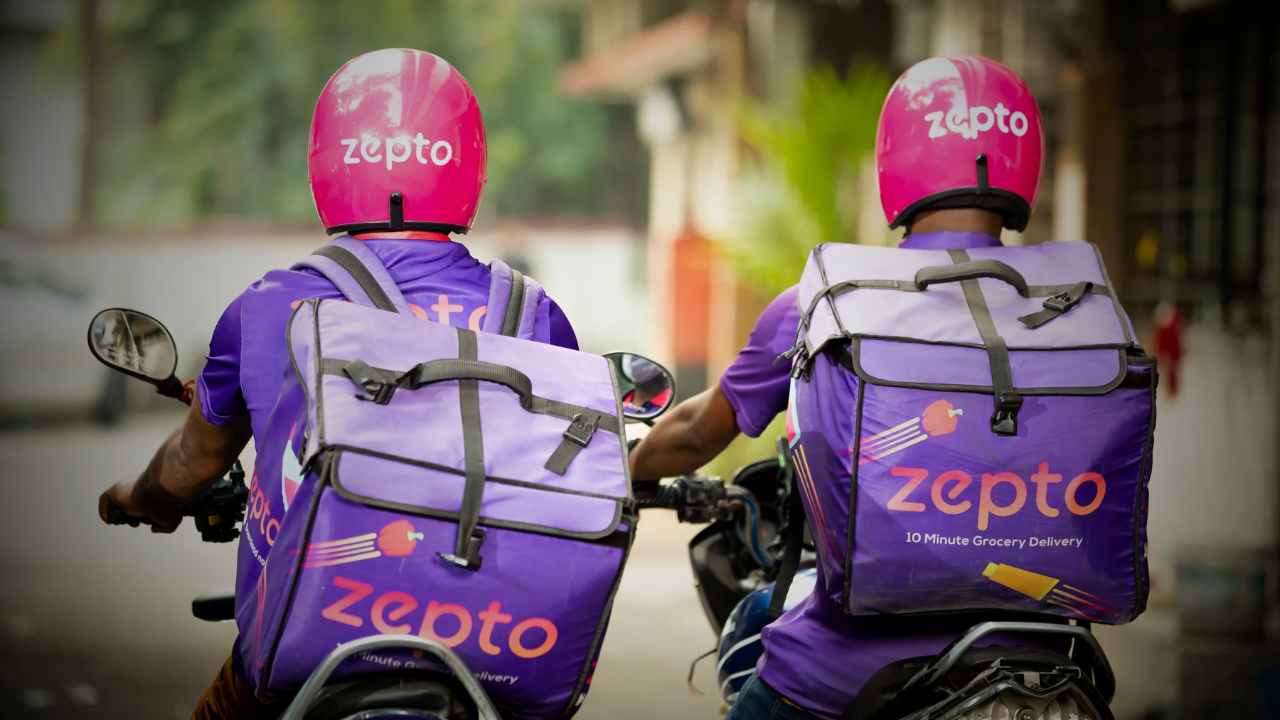The Department for Promotion of Industry and Internal Trade (DPIIT) has announced a new partnership with quick-commerce startup Zepto to support early-stage manufacturing startups across India. The collaboration aims to strengthen the maker ecosystem and give emerging firms better access to mentorship, market access, and supply chain expertise.
DPIIT officials said the move aligns with national priorities like Make in India and Atmanirbhar Bharat, helping small manufacturers scale faster and plug into modern retail and e-commerce channels.
What the partnership will offer
The DPIIT–Zepto tie-up will focus on practical support that startups need to grow. Key elements include:
- Mentorship from industry experts and Zepto leaders.
- Pilot and procurement opportunities to test products on Zepto’s platform.
- Guidance on logistics, packaging, and rapid fulfilment needs.
- Workshops and hand-holding on regulatory compliance and market readiness.
These steps are aimed especially at micro, small and medium enterprises (MSMEs) and deep-tech hardware startups that often struggle with market access and last-mile delivery challenges.
Vohra: giving back to the ecosystem
Speaking about the initiative, Vohra said, “We believe that giving back”, underlining Zepto’s intent to reinvest experience and resources into the broader startup community. The company will share operational knowledge built from running a fast-moving supply chain and rapid delivery network.
Vohra added that simple support — like connecting manufacturers to retail channels and improving packaging standards — can significantly raise product acceptance and sales.
Why this matters for India
For Indian startups, supply chain know-how and retail entry points are often bigger hurdles than product development. This partnership addresses that gap by connecting makers directly to a nationwide delivery network.
Urban consumers and tier-2 city shoppers are increasingly open to homegrown brands. With support from DPIIT and Zepto, more manufacturing startups could gain the traction needed to scale quickly and enter new markets.
This collaboration is an encouraging sign that public and private players are working together to build a stronger Indian manufacturing and startup ecosystem. For founders, it could mean faster validation, better logistics support, and real sales opportunities.
